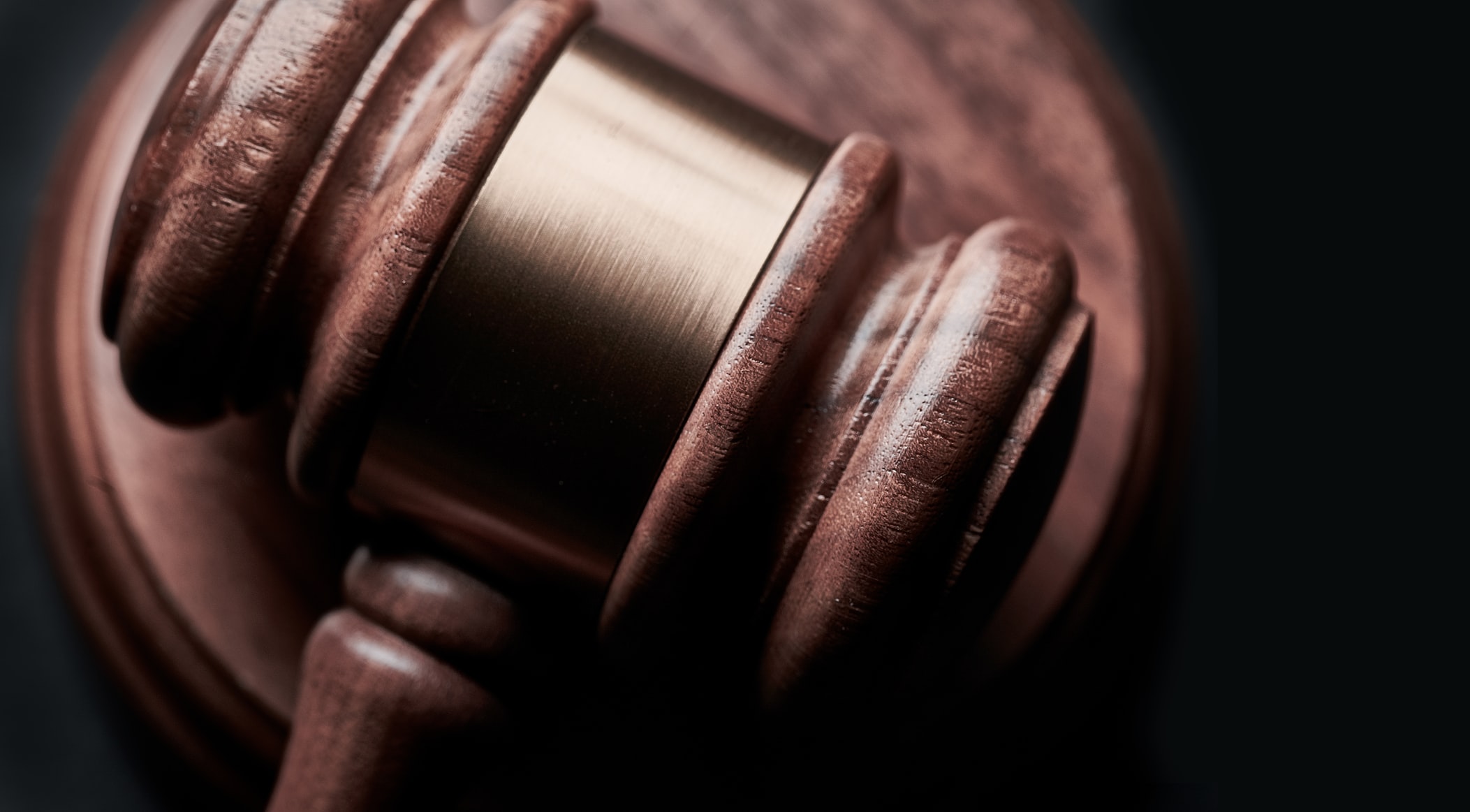
Arraignment is just a fancier word for your first court appearance after being arrested for DUI (or OUI, as it’s termed in Massachusetts).
It happens after the traffic stop, arrest, booking, and initial bail phases of the process, but before anything else occurs in a courtroom. In fact, the next meeting in court would be the pre-trial conference, which generally occurs within 4 to 6 weeks after the OUI / DUI arraignment.
When Will My OUI / DUI Arraignment Occur?
In most cases, the OUI / DUI arraignment will be scheduled for a date within a few days of your arrest—and you have a right to a speedy arraignment. This could mean that you’re still in the process of finding a lawyer to represent you. Don’t worry! All told, the arraignment is a simple process in which the charges against you are read, and a plea of Not Guilty is automatically entered on your behalf.
It’s sometimes seen as a formality, but this is still a critical step for your DUI defense. You should seek legal counsel before the arraignment, if possible, so a professional can examine the facts of your case and help you understand your options, especially regarding the plea or trial.
How Do I Prepare?
The most important thing is to find an OUI / DUI defense attorney to represent you. Have legal counsel accompany you to the arraignment or at least retain a lawyer who can file an appearance on your behalf and this will facilitate the arraignment process. They’ll be able to brief you on what to expect (listed below). Dress in clean, neat clothing and attend court free of the influence of substances that could affect your disposition.
{{cta(‘6b39f25f-a1e5-4a10-ade4-c08834726b03′,’justifycenter’)}}
What Happens During a First OUI / DUI Arraignment?
- The DUI / OUI Charges Are Read. This is the primary purpose of the meeting. It’s the judge’s duty to inform the defendant (the alleged first DUI / OUI offender) of the charges against them and read the law you’ve been accused of violating.
- “Do You Have an Attorney?” You have the right to legal counsel, so if you haven’t hired a private lawyer, the court will ask if you’d like one appointed for you by the court (a public defender). If you don’t have one yet, but want to hire a private DUI / OUI attorney, the judge may give you another date a week or two out to give you time to find one.
- “How Do You Plead?” This is the step where you will choose to plead Not Guilty, Guilty, or No Contest. A prosecutor may offer to resolve your case at the arraignment via a plea bargain in return for a plea of Guilty or No Contest. However, defendants will generally want to plead Not Guilty. If you’re unsure of what to do, plead “Not Guilty.”
- Setting Bail and Release Conditions. If it’s your first DUI, you’re likely to be released without bail. The judge has the authority to alter the bail amount or let you leave on your “own recognizance.”
- Discovery Process Begins. The prosecution needs to hand over certain evidence to you, and that begins at the OUI / DUI arraignment hearing. You’ll be given a copy of the police report. You may also find out the results of blood or breath tests at this time.
- Announcement of Future Proceedings. The dates of future court meetings and hearings will be set (i.e., the preliminary hearing, pre-trial motions, and trial).
What Happens After the OUI / DUI Arraignment?
With the plea entered and dates for future proceedings set, it’s time to meet with your lawyer and discuss the case’s facts so you can start to plan your defense. It’s wise to:
- Review the police report with your attorney
- Examine all evidence in the case, including Blood Alcohol Content (BAC) test results
- Investigate the facts and documentation of your case for inconsistencies, filing errors, or other issues
- Evaluate your options and learn about the range of consequences you’ll be facing
If you’ve been arrested for your first DUI / OUI in Massachusetts and need representation, contact a qualified lawyer right away. We’ll get you ready for the DUI / OUI arraignment.





